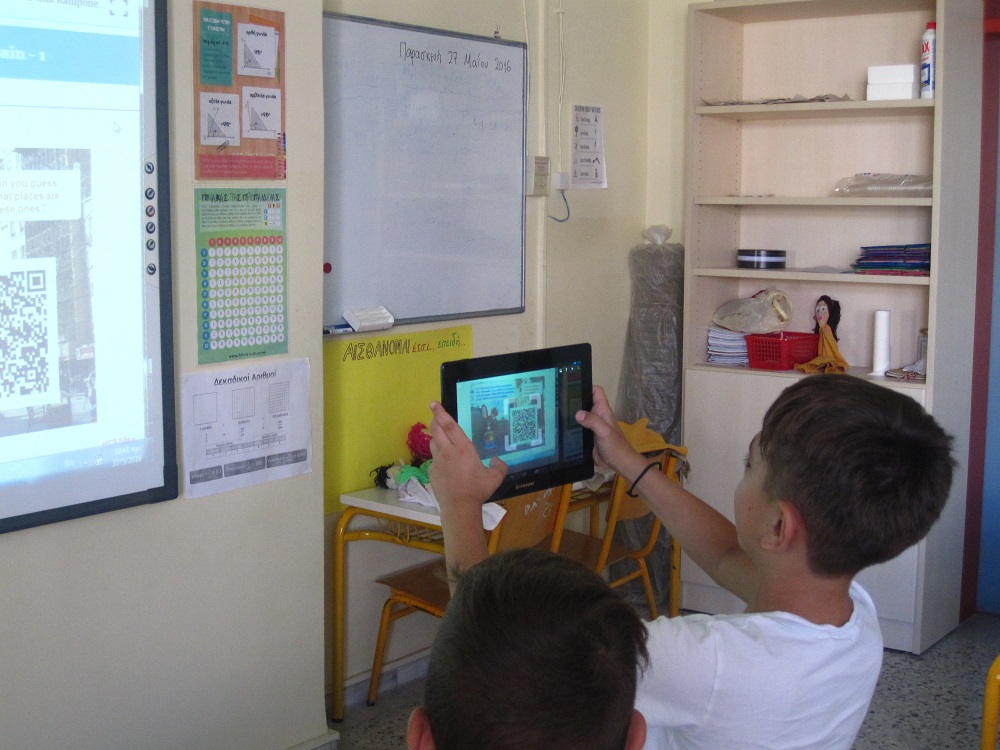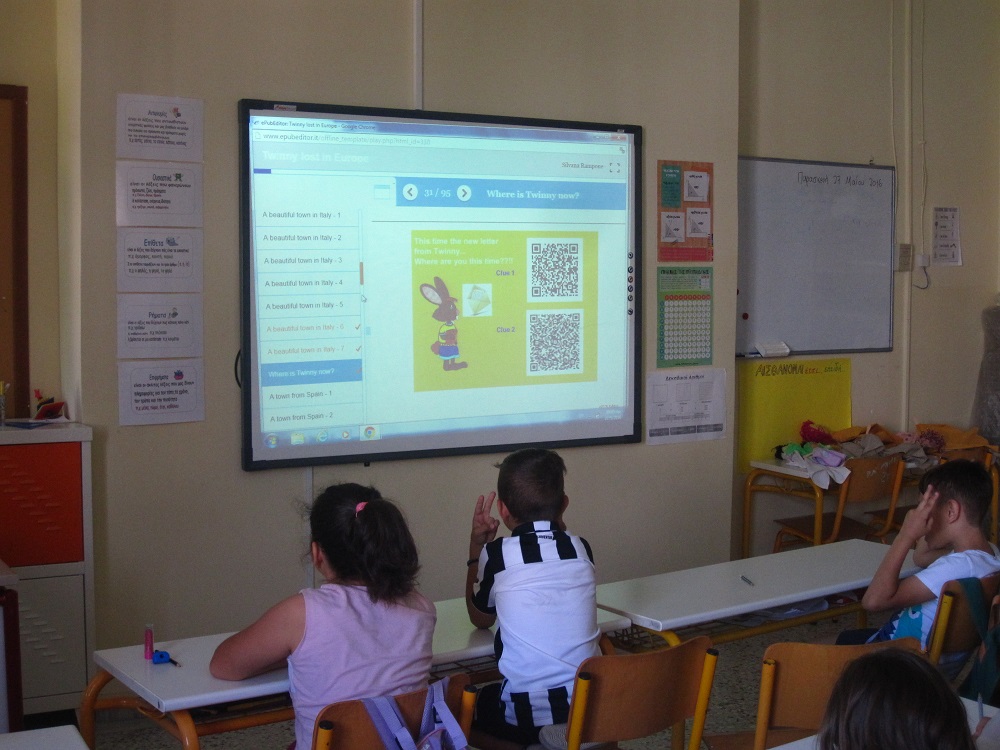There are many dimensions of student achievement that we need to evaluate in a project based learning as an eTwinning project is. The end product is certainly important, but if we focus only on that, the meaningful learning that happens throughout the process can be lost.


The advantage of PBL is that students learn much more than the content. They learn HOW to work with others, solve problems, present their ideas clearly to an audience, and learn from their mistakes. In other words it is important not only what they learned, but how they came to learn it so that they can use these processes in the future.
Assessment is an ongoing process with frequent feedback given to students and partner shools regarding content mastery, collaboration, presentation, meeting deadlines, etc.
Evaluation of the project activities has been based on the following tips:
- driving question: How can we let the partner schools know about our city and country in a challenging way by using web tools? Sharing of ideas in google docs
- using the driving question as a formative assessment: "How did our activities relate to the driving question? On-going adaptations, integrations, revisions and positive reinforcement
- self/peer assessment
- final evaluation forms (see on the left bar)
- feedback from parents, colleagues, community
- rubrics linked to the project activities (see example)
DISSEMINATION
- School websites, blogs
- Newsletters, articles
- Parents meetings
- Teacher training courses
- Erasmus Plus KA1 embedded projects
- National Digital Progamme- Italy (PNSD)
- National CLIL project for primary schools- Italy - 2015/16 (click on the picture below for direct link)
